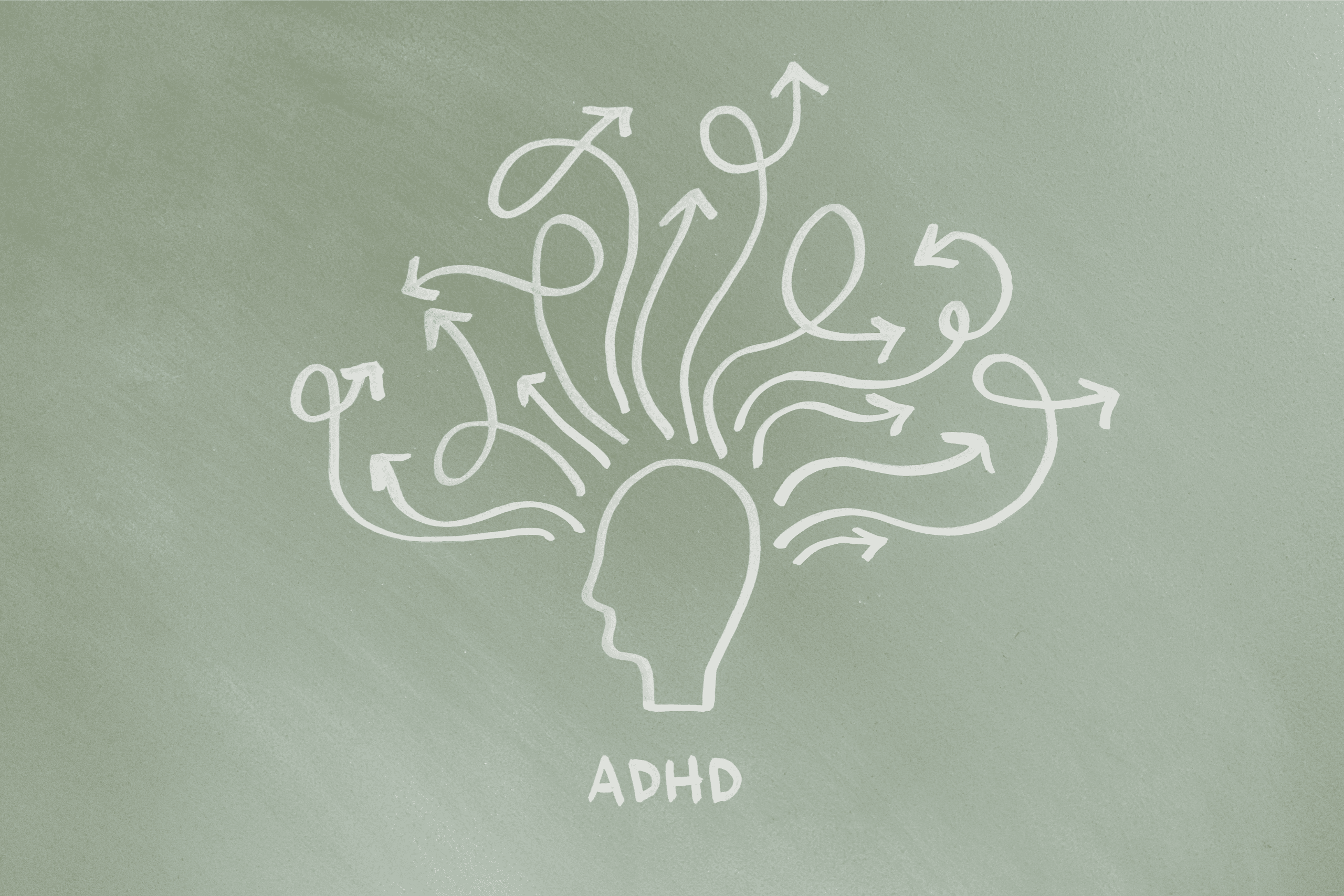Attention Deficit Disorder (ADD) and Attention Deficit Hyperactivity Disorder (ADHD) are terms that are often used interchangeably, but they represent different conditions within the same spectrum. Understanding the distinctions between ADD vs ADHD, their symptoms, and treatment options can provide clarity for those affected by these conditions and their loved ones.
At Arbor Wellness, our ADHD Treatment in Tennessee can help you manage symptoms.
ADD vs ADHD
ADD and ADHD are both neurodevelopmental disorders characterized by difficulties with attention, but there are key differences. ADD is an outdated term that referred to a type of ADHD without the hyperactive and impulsive behaviors. Today, ADHD is the preferred term and encompasses a broader range of symptoms.
What is ADD?
ADD, or Attention Deficit Disorder, was traditionally used to describe those who primarily have trouble focusing and paying attention but do not exhibit significant hyperactivity or impulsiveness. These individuals often appear to be daydreaming or forgetful and may struggle with organization and completing tasks.
What is ADHD?
ADHD, or Attention Deficit Hyperactivity Disorder, is a condition that includes symptoms of inattention, hyperactivity, and impulsivity. ADHD is divided into three main types: Predominantly Inattentive Presentation, Predominantly Hyperactive-Impulsive Presentation, and Combined Presentation, where individuals exhibit both inattentive and hyperactive-impulsive symptoms.
Types of ADHD: Explained
- Predominantly Inattentive Presentation: This type is characterized by significant inattention but minimal hyperactive-impulsive behavior. Individuals may find it difficult to follow through on tasks, pay attention to details, or stay organized.
- Predominantly Hyperactive-Impulsive Presentation: Individuals with this type exhibit excessive fidgeting, restlessness, and impulsive behavior but do not have significant issues with attention and focus.
- Combined Presentation: This is the most common type of ADHD, where individuals show a combination of inattentive and hyperactive-impulsive symptoms.
Symptoms of Different Types of ADHD
Predominantly Inattentive Presentation
- Difficulty sustaining attention
- Frequent careless mistakes in schoolwork or other activities
- Avoidance of tasks requiring prolonged mental effort
- Easily distracted and forgetful
Predominantly Hyperactive-Impulsive Presentation
- Fidgeting or squirming in seats
- Inability to stay seated in appropriate situations
- Excessive talking or interrupting others
- Impatience and difficulty waiting for their turn
Combined Presentation
- Symptoms from both inattentive and hyperactive-impulsive types
ADHD in Children vs ADHD in Adults
ADHD symptoms can manifest differently in children and adults. In children, hyperactivity and impulsivity are often more prominent, leading to challenges in school and social settings. In adults, inattention and disorganization are more common, impacting work and personal relationships. Adults with ADHD may have developed coping mechanisms that mask some symptoms, making diagnosis more challenging.
Treatments for ADHD
Effective management of ADHD typically involves a combination of medications, behavioral therapies, and lifestyle changes. Tailoring the treatment plan to individual needs is crucial for optimal outcomes.
Medications for ADHD
Medications can help manage ADHD symptoms by affecting brain chemicals involved in attention and behavior control. Common mental health medications include stimulants like methylphenidate (Ritalin) and amphetamines (Adderall), as well as non-stimulants like atomoxetine (Strattera).
Therapies for ADHD
Behavioral therapies, such as Cognitive Behavioral Therapy (CBT), can help individuals develop coping strategies and organizational skills. Family therapy and educational support can also be beneficial in creating a supportive environment for children with ADHD.
Begin Treatment for ADHD At Arbor Wellness Today.
If you or someone you know is struggling with symptoms of ADD or ADHD, Arbor Wellness can help. Early diagnosis and intervention can make a significant difference in managing the condition effectively. Call us now at (629) 217-2658 or verify your insurance now.















